B6 - Minimising medicines misuse and abuse
Lomond Auditorium
Organised by the FIP Social and Administrative Pharmacy Section in collaboration with the FIP Community Pharmacy Section, the FIP Hospital Pharmacy Section and the FIP Industrial Pharmacy Section
Chairs
Ola Ghaleb Al Ahdab (Drug Department, Ministry of Health, Abu Dhabi, United Arab Emirates) and Yamira Suarez Perez (Centre for State Quality Control of Drugs — Cuban National Drug Regulatory Authority, Cuba)Programme
- Introduction to the session
Yamira Suarez Perez (Centre for State Quality Control of Drugs — Cuban National Drug Regulatory Authority, Cuba)
- Current trend for the misuse and abuse of medicines globally
Kelly Grindrod (University of Waterloo, Canada)
- Medicines with potential for misuse, abuse and diversion
Osama Ibrahim (Emirates Pharmacy Society, Abu Dhabi, United Arab Emirates)
- The consequences of medicines misuse and abuse
Tareq Qassim (Erada Center, United Arab Emirates)
- Best practices and successful management strategies that minimise medicines misuse, abuse and diversion
Vaiyapuri Subramaniam (Pharmacy Benefits Management, Veterans Health Administration, USA)
Learning Objectives
At the end of this session, participants will be able to:
- Outline the current trend for misuse and abuse of medicines globally;
- Identify medicines that are being misused, abused and diverted;
- Describe the prevalence, impact and consequences of medicines misuse and abuse;
- Specify management strategies, best practices and successful management strategies that minimise medicines misuse, abuse and diversion; focusing on the pharmacist’s role in promoting public health by promoting responsible use of medicines.
Type of session: Knowledge-based
